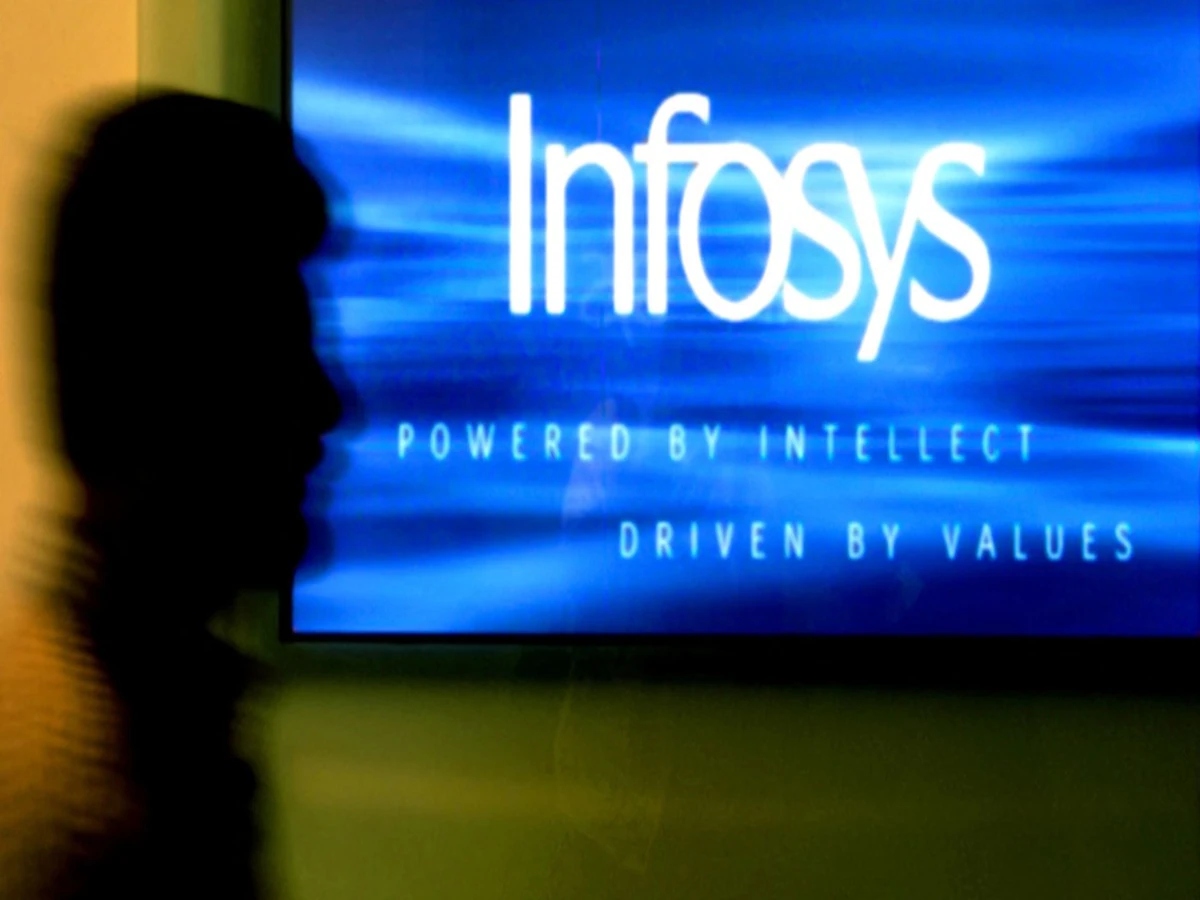Infosys, one of India’s leading IT services companies, has implemented a new internal policy that’s making headlines across the corporate and tech sectors. The company has started sending automated warning emails to employees who log more than 9 hours and 15 minutes of work in a single day. This bold move is being viewed as a step toward promoting work-life balance and addressing the long-standing issue of overworking in the IT industry.

Traditionally, working long hours has been a norm in Indian IT firms, often seen as a sign of dedication and high performance. However, this culture has come under scrutiny in recent years due to its impact on employee health, mental wellness, and overall productivity. Infosys appears to be breaking away from that mindset by discouraging excessive work hours and encouraging employees to maintain a healthy work routine.
These internal emails serve as soft reminders rather than disciplinary warnings. Employees who consistently exceed the 9.15-hour limit receive messages advising them to evaluate their work schedules, prioritize tasks more effectively, and, if needed, discuss their workload with team leads. Infosys highlights that working extra hours should not become a daily habit, as it can lead to burnout, reduced efficiency, and mental fatigue.
The policy has sparked a mix of reactions within the tech community. Some employees see it as a refreshing change and a sign that the company truly values their time and well-being. Others are skeptical, questioning whether this initiative can stand up to real-world demands such as project deadlines, client expectations, and team pressure.
Regardless of differing opinions, this move sets a new precedent. It positions Infosys as one of the first major Indian IT firms to implement a formal mechanism against excessive work hours—something that has long been ignored in high-pressure work environments. The company is subtly shifting toward a performance-focused culture rather than one based on how long someone stays logged in.
What makes this decision particularly relevant now is the post-COVID workplace reality. With remote work and hybrid models becoming the norm, boundaries between personal and professional life have blurred. Employees are finding it harder to switch off, often working late into the evening. By setting a daily time cap, Infosys is encouraging its staff to work smarter, not longer.
In conclusion, this change reflects Infosys’s commitment to fostering a sustainable work culture. If implemented well, it could reduce employee stress, improve job satisfaction, and even boost productivity in the long run. More importantly, it could inspire other IT firms to reconsider their own workplace norms.